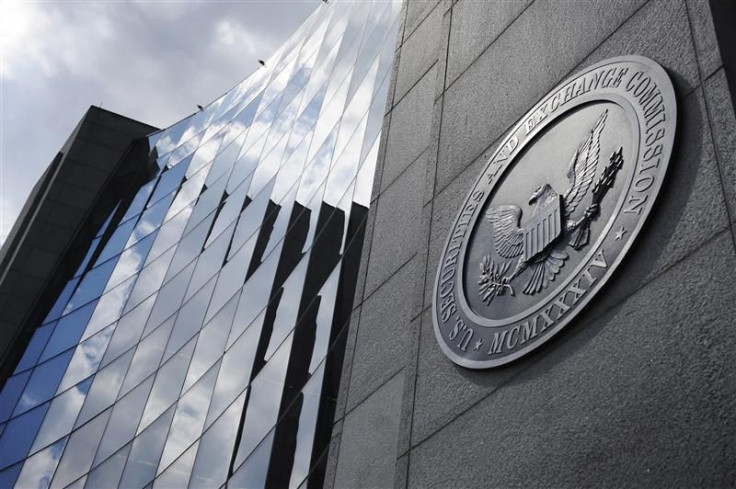Record $14 Million Whistleblower Reward Is Tip Of Iceberg: Architect Of Securities And Exchange Commission (SEC) Whistleblower Program

A massive $14 million reward announced by the U.S. Securities and Exchange Commission (SEC) on Tuesday is merely the first of several major whistleblower awards to come, according to former SEC attorney Jordan Thomas.
Set up in August 2011, the SEC’s whistleblower program rewards informants who assist SEC investigations and enforcement cases, which cover securities and finance fraud.
The $14 million award is by far the largest in the program’s history. Regulators have only given out four rewards to date, excluding this one, even amid criticism that the agency doesn’t do enough to entice whistleblowers.
The next largest award came to a mere $125,000, split between three whistleblowers. That means this individual, who wasn’t identified as per the law and his wishes, won a reward more than a hundred times larger.
“A number of potential whistleblowers who have been sitting away are likely to come forward as a result of this award,” said Thomas, who helped craft the SEC whistleblower program, and who is now in private practice.
Since the program began in August 2011, as part of Dodd-Frank financial reform legislation, whistleblower awards are just now emerging from a pipeline of SEC investigations, which typically take two to four years, he said.
“This is just the beginning of what is likely to be a wave of significant SEC awards,” Thomas told International Business Times. “The cases are maturing now.”
Thomas also noted the sensitivity of regulators to the whistleblower’s anonymity. In previous crackdowns, the SEC at least identified the fraudsters involved and the type of fraud committed, but on Tuesday nothing about the investigation’s target or even the size of the fraud was revealed.
“That sort of sensitivity is going to be very powerful for whistleblowers, because they often have significant concerns about retaliation or being blacklisted, particularly on Wall Street,” Thomas said.
Rewards are usually calculated as a portion of the money collected as a result of enforcement, with 10 to 30 percent awarded to whistleblowers. That means this fraud could stretch up to $140 million in damages.
In its order, however, the SEC emphasized the value of the information and assistance provided by the whistleblower, and said monetary sanctions had already been collected.
The pace of the investigation, which took less than six months, is also remarkable, said Thomas.
The program is not lacking claimants who want a slice of the money, however.
According to the program’s latest annual report for fiscal 2012, 3000 tips were received, even though the agency only gave out one award.
The program is not short of cash, either, with a $452 million fund as of September 2012, which self-replenishes if the balance falls below $300 million, in a decision made by Congress.
The size of awards is key, especially for Wall Street workers who easily earn millions, said Thomas, who represents such whistleblowers before the SEC.
"The best analogy I have is a lottery jackpot," Thomas said. "The bigger the pot, the more people buy the tickets. And here the larger the award the SEC makes, the more people are going to be comfortable coming forward."
© Copyright IBTimes 2024. All rights reserved.






















